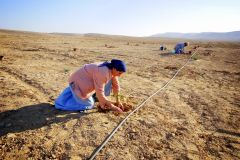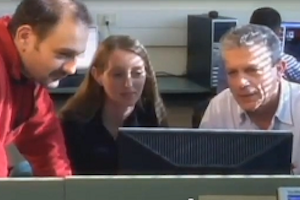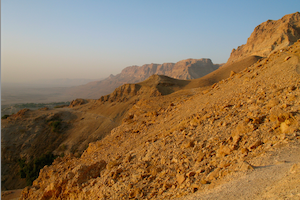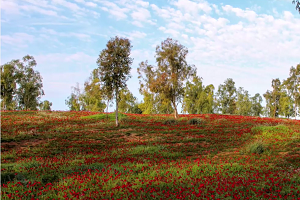Top 10 Ways Israel Fights Desertification
Israel 21c
Jun 9, 2013
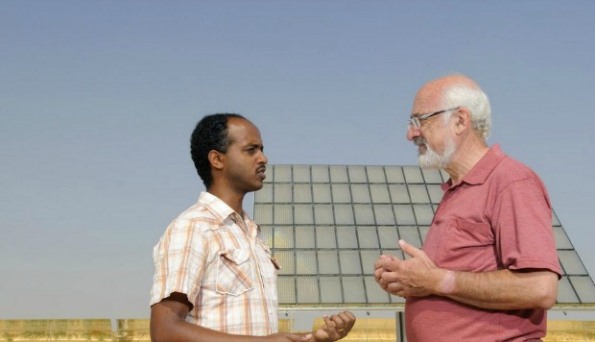
Making The Most From The Sun, Ben-Gurion Prof. David Faiman
This past year’s erratic and violent weather is only a small taste of what’s to come, climate scientists predict, as the impact of global warming starts to hit. Weather will become more unpredictable, flooding will become even fiercer, and droughts and famine more widespread as land increasingly gives over to desert.
With desert covering a large part of its surface, Israel has had to quickly develop solutions for its lack of arable land and potable water. Israeli research, innovation, achievements and education on this topic now span the globe in tackling problems common to all desert dwellers.
“We’ve done a lot of research on ecosystem response to drought because we have this problem on our doorstep,” says Prof. Pedro Berliner, director of Israel’s foremost research center for desert research, the Jacob Blaustein Institute for Desert Research at Ben-Gurion University in the Negev Desert.
Take a look at Israel’s top 10 advances to combat desertification
1. Looking To the Ancients
They lived in the Land of Israel more than 2,000 years ago in the heart of the Negev Desert, yet found a way to survive and thrive. How did the Nabateans build a sustainable community that provided food, firewood and fodder for animals?
This is Prof Pedro Berliner’s area of interest. He has developed a modern-day version of the Nabatean floodwater collection system, Runoff Agroforestry Systems, and travels the world teaching farmers in countries such as Kenya, Turkmenistan, Uzbekistan, India, and Mexico how to implement it.
His low-tech approach redirects floodwaters to dike-surrounded plots or hand-dug pits in which trees or shrubs are planted.
Going one step further than the Nabateans, “In our system we not only plant trees and between them rows of crops, but gave the old a new twist by using legume shrub-like trees which can absorb atmospheric nitrogen through their root system,” Berliner says. Soil fertility is maintained at practically no cost, ensuring the long-term sustainability of the system.
2. Making The Most From The Sun
In developing nations, people still cut trees for firewood. This causes desertification from lack of vegetation to hold the soil and its nutrients in place. Rain washes away the topsoil, leaving worthless sand behind.
Israel’s advances in off-grid solar energy power plants for individual homes or villages can help change that by offering a clean, renewable alternative.
Ben-Gurion Prof. David Faiman has developed a concentrator photovoltaic (CPV) cell perfect for developing nations facing deforestation, and he is just one of dozens of Israeli researchers and companies working in this direction.
“Israel is helping combat desertification by making solar power a viable alternative to the conventional way of chopping down trees for firewood,” says Berliner.

